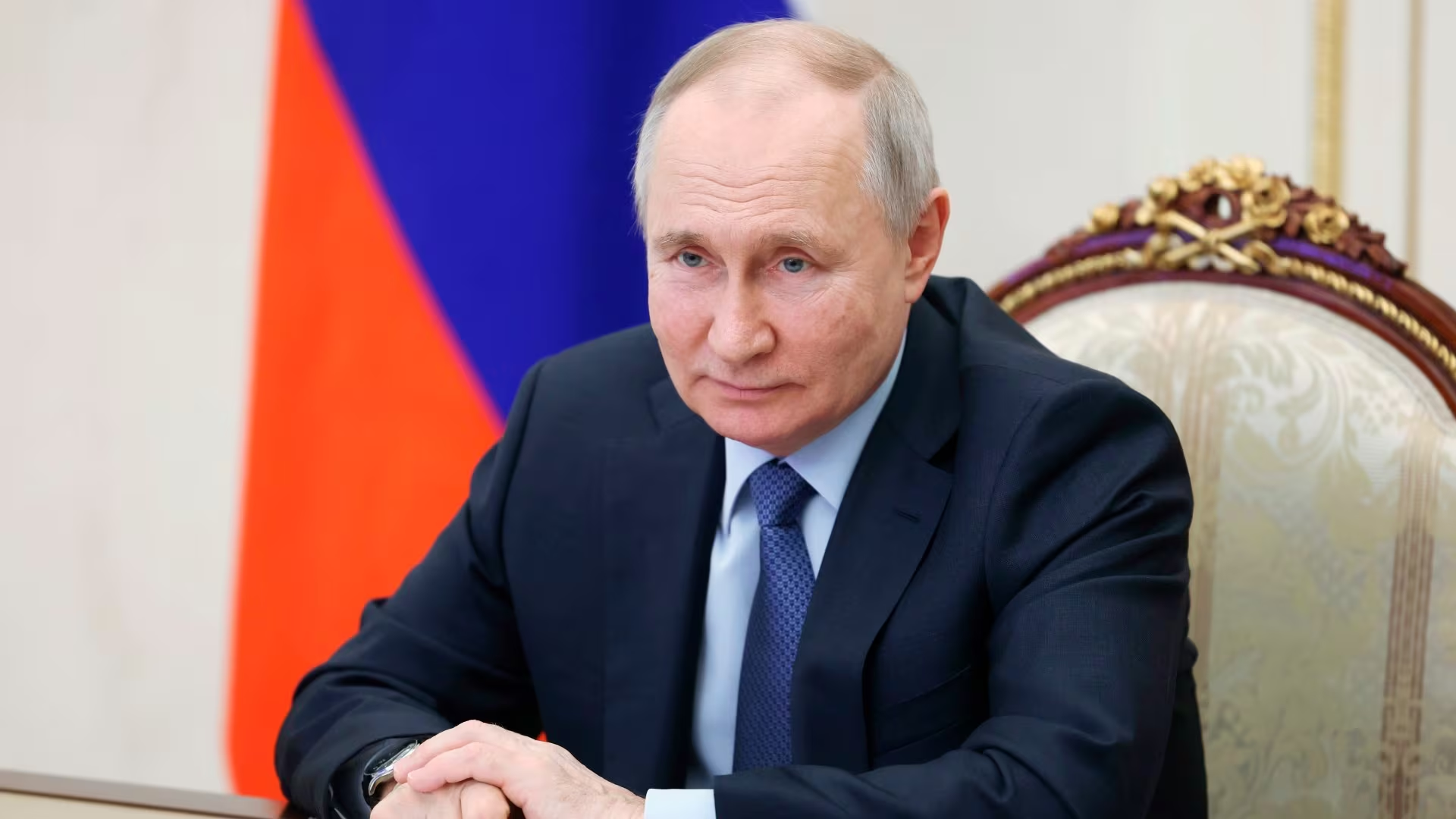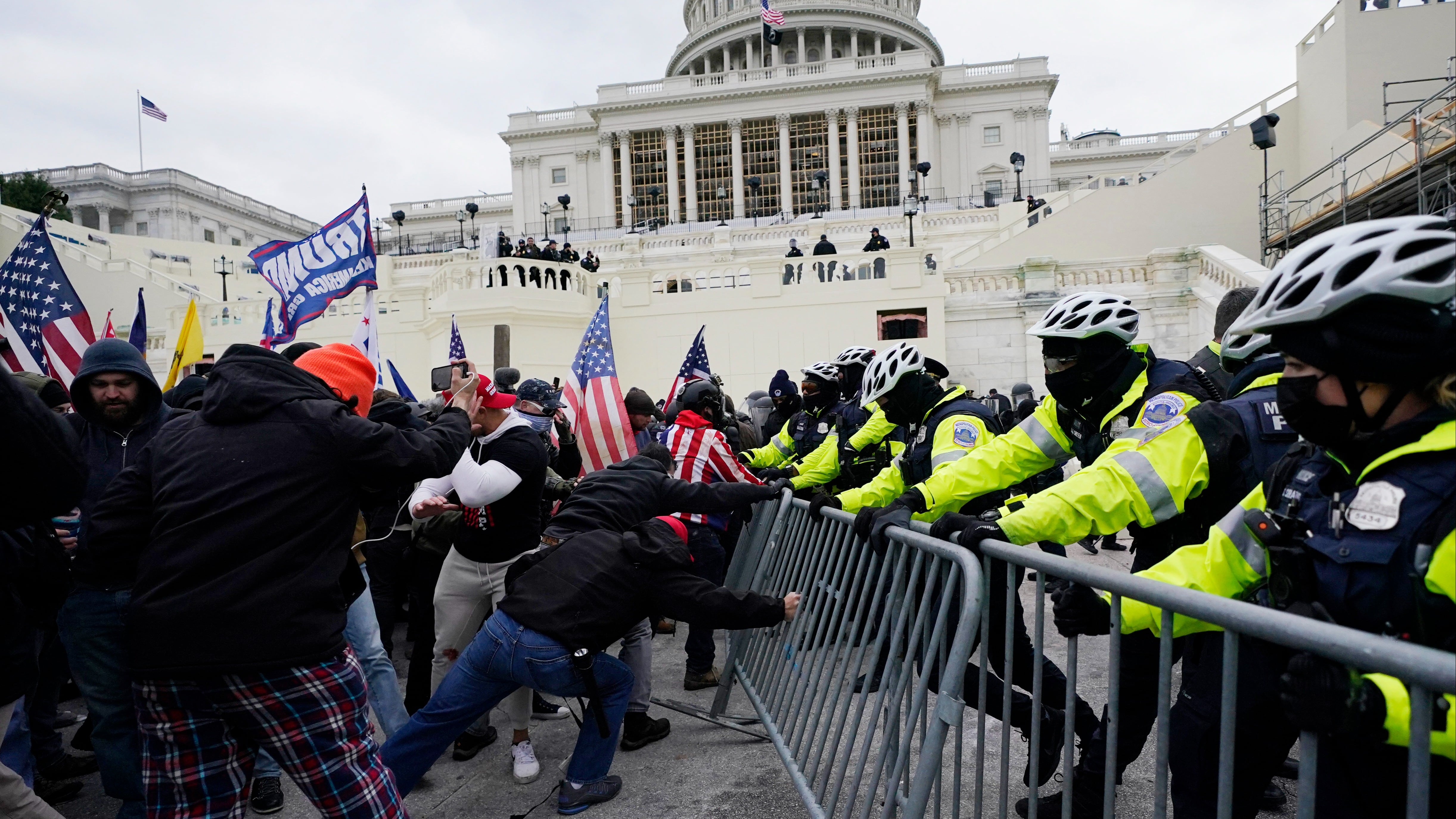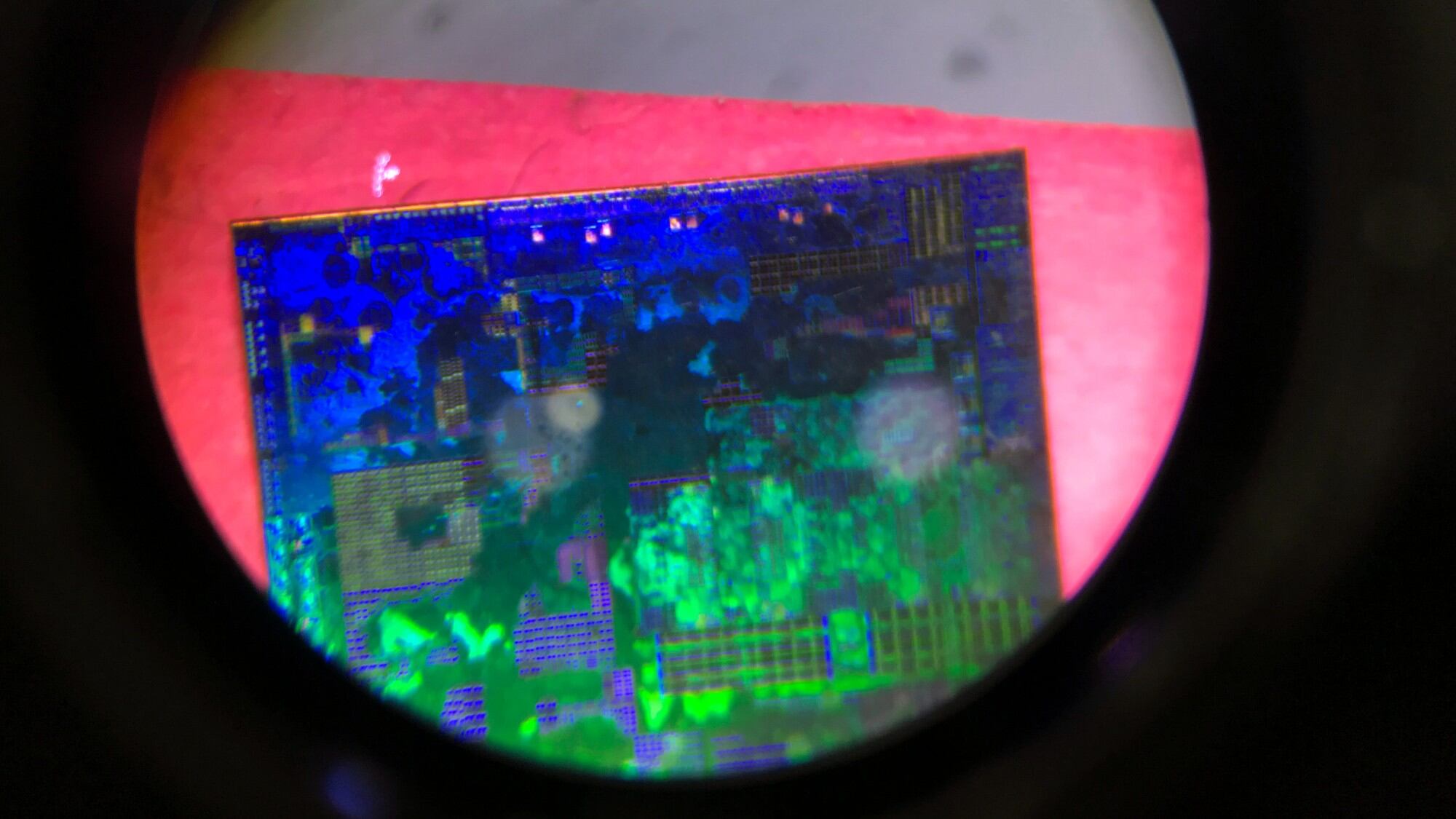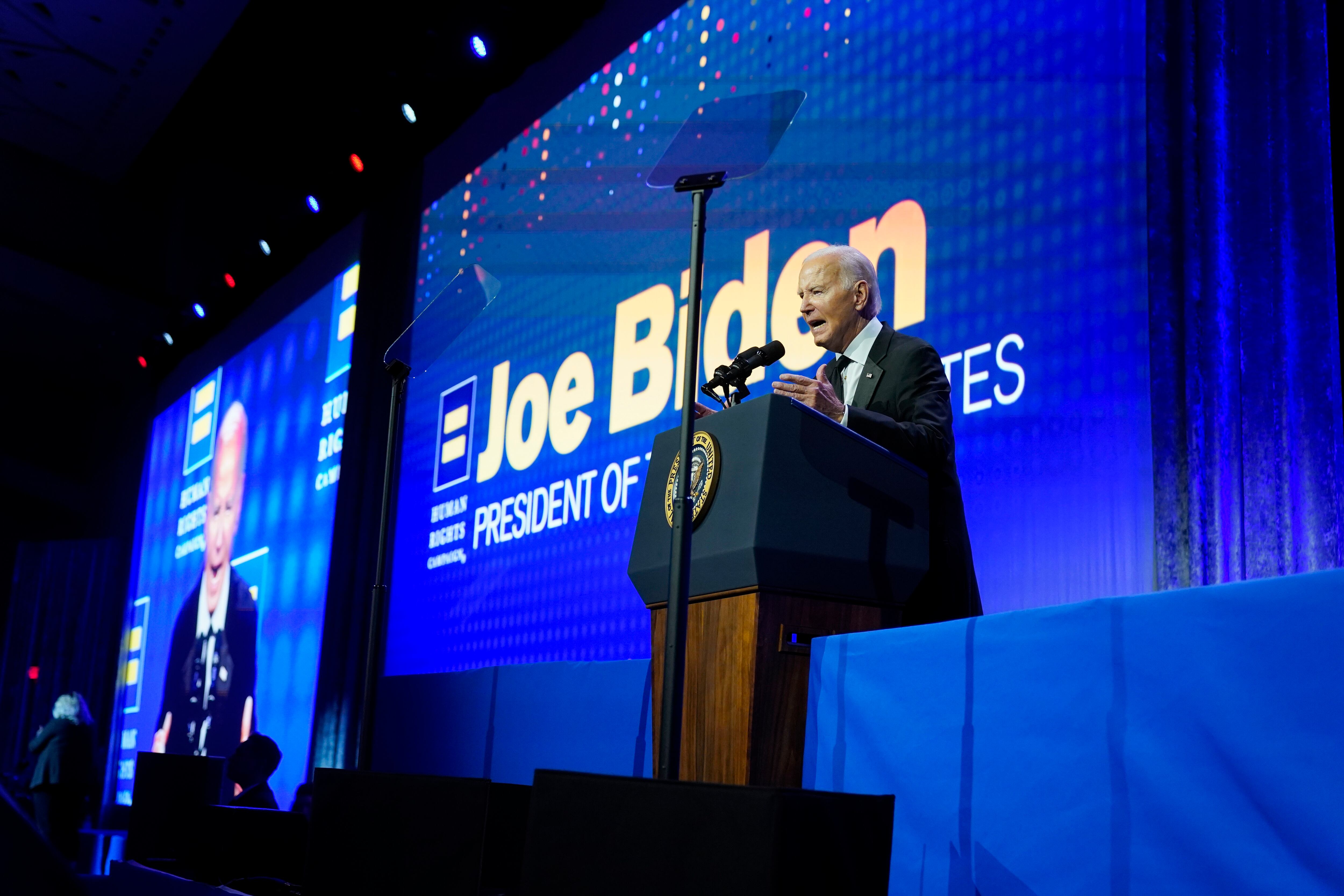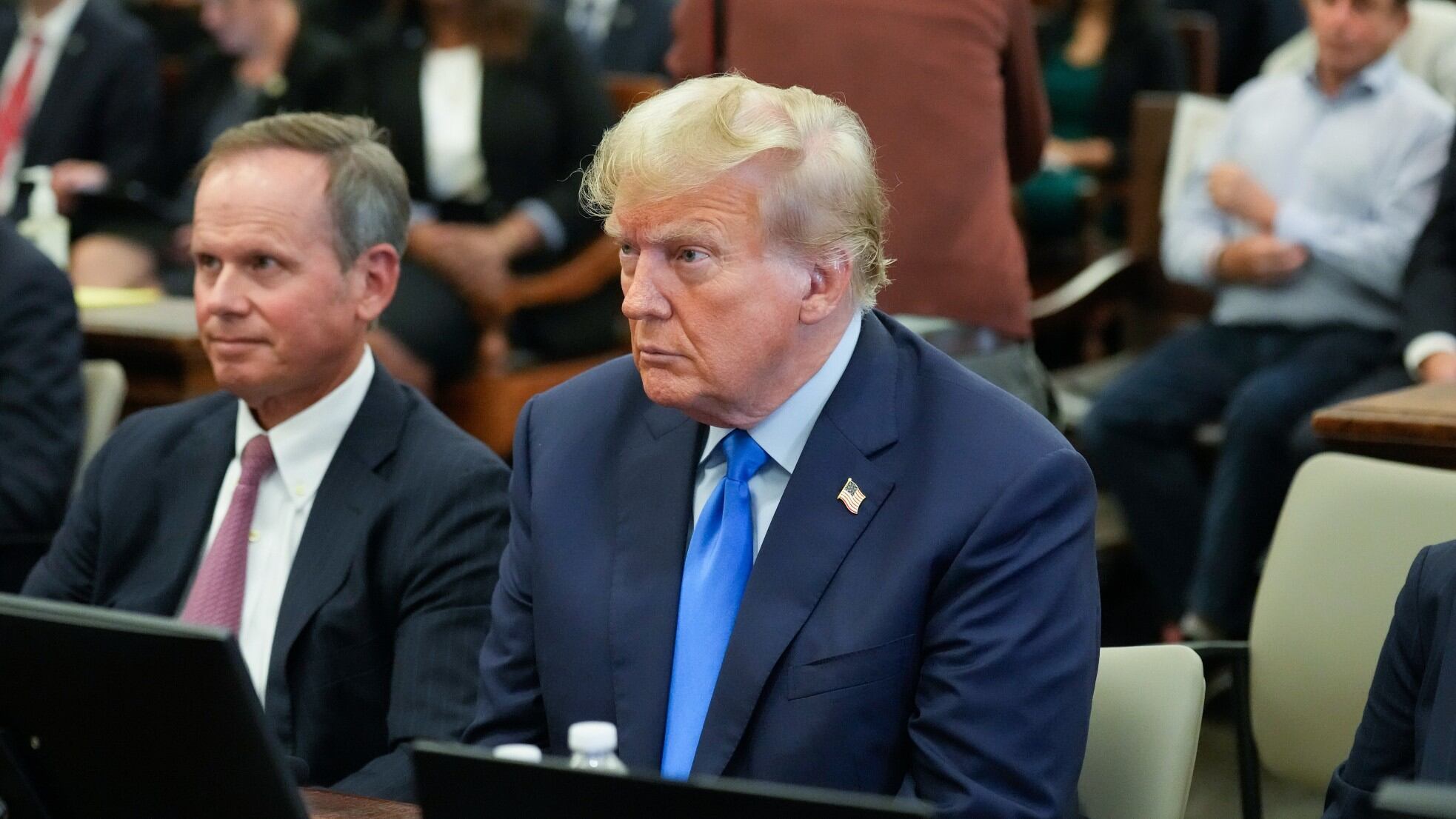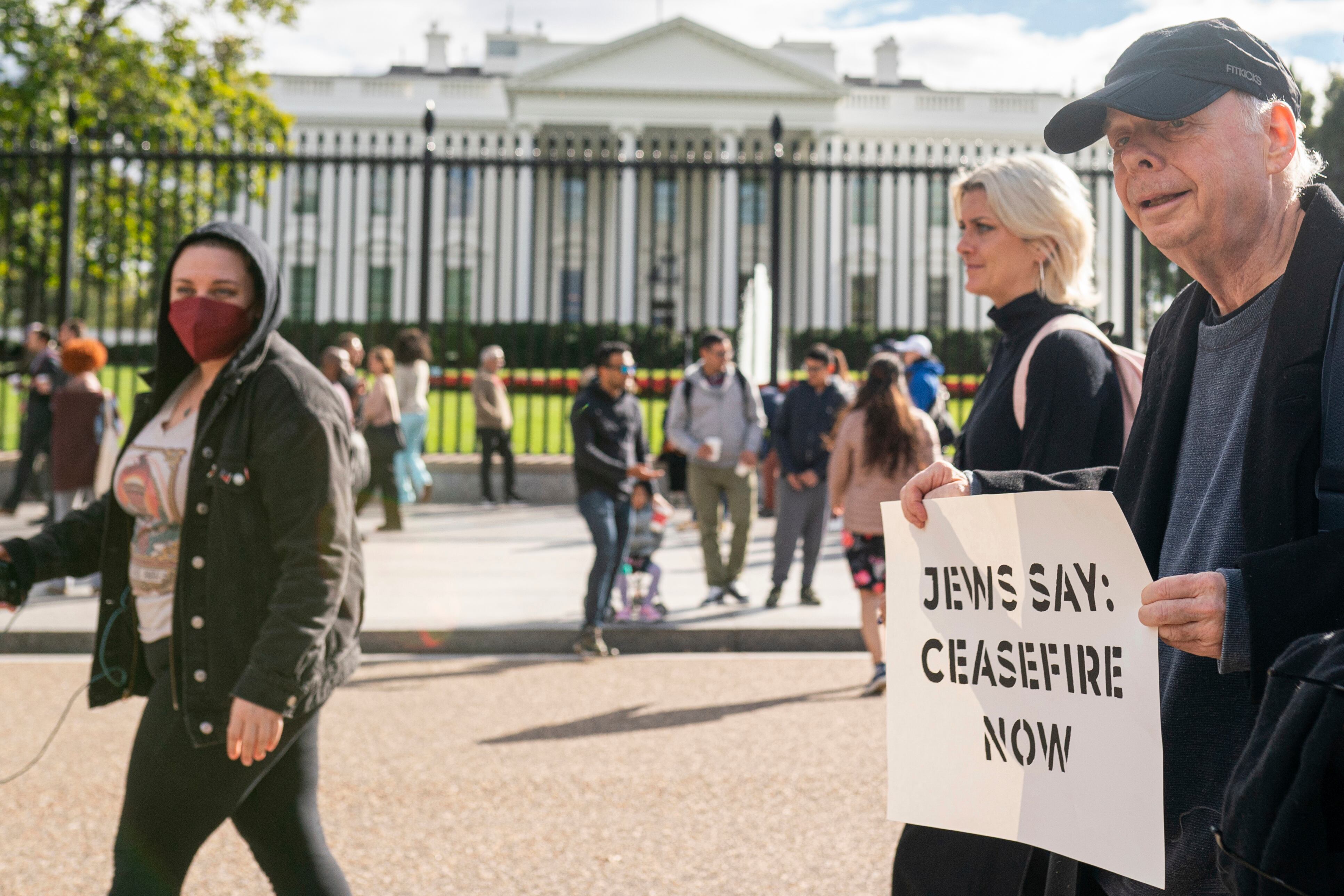President Trump reportedly ordered the firing of Robert Mueller over the summer but reversed course after the White House special counsel threatened to resign. That's according to a recent report in the New York Times. Fordham University Law Professor Jed Shugerman explains the potential legal ramifications of these revelations.
"This now becomes part of a longer timeline for Mueller," said Shugerman. "The statue that covers obstruction of justice depends upon proving that there was a corrupt intent. So the more events that show a corrupt intent the stronger the case would be."
Former White House Communication Director Anthony Scaramucci took to Twitter, tweeting "...@POTUS should be able to have a private conversation with WH Counsel without the content being leaked." Shugerman says presidents can have private conversations, but they cannot conspire to commit felonies.
Russian President Vladimir Putin arrived in Beijing, underscoring China's continued support of Moscow amid Russia's ongoing war in Ukraine.
The Justice Department is appealing the prison sentence of the lengths of four Proud Boys leaders who were convicted in the January 6th Capitol attack.
Supreme Court Justice Amy Coney Barrett endorsed the idea that the court adopt a formal code of conduct.
The Supreme Court ruled it would allow the Biden administration to regulate so-called ghost guns, or those untraceable homemade weapons, and also barred two Texas-based manufacturers from selling products that can be turned into ghost guns.
The Commerce Department on Tuesday updated and broadened its export controls to stop China from acquiring advanced computer chips and the equipment to manufacture them.
And in a surprise move, President Joe Biden has joined former President Trump's Truth social platform.
The Supreme Court ruled it would allow the Biden administration to regulate so-called ghost guns, or those untraceable homemade weapons, and also barred two Texas-based manufacturers from selling products that can be turned into ghost guns.
Former President Donald Trump returned to a New York City courtroom Tuesday to watch the civil fraud trial that threatens to disrupt his real estate empire, renewing his claims that the case is a baseless and politically targeted distraction from his 2024 campaign.
Over 30 people were arrested outside of the White House Monday during a protest against the Israel-Hamas war.
President Joe Biden swept into wartime Israel for a 7 1/2-hour visit Wednesday that produced a heaping dose of vocal support and a deal to get limited humanitarian aid into Gaza from Egypt.
